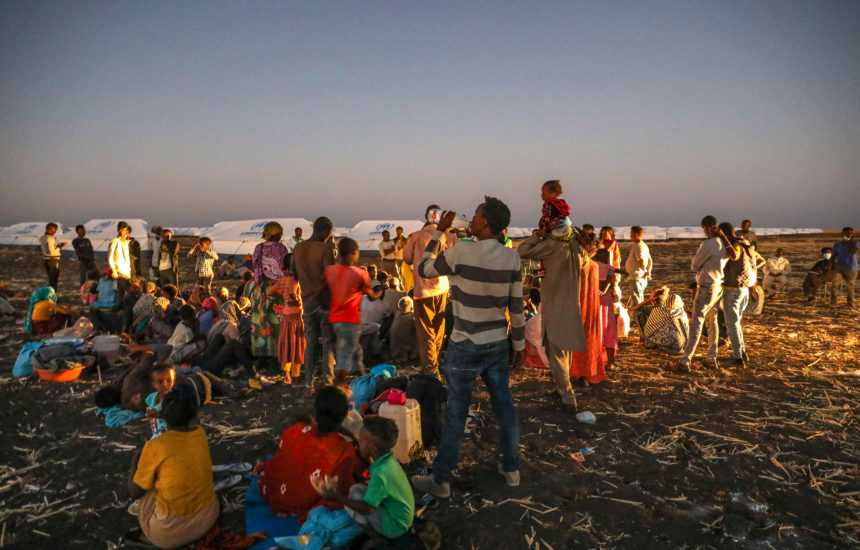New Migration Report Considers Children’s Agency in Migration Cycles


“Reimagining Migration Responses,” released in April by the UNICEF Office of Research – Innocenti, demonstrates an innovative approach to understanding and responding to migration trends in the Horn of Africa. The report is derived from a series of 1,290 surveys with children (age 14-17) and young people (age 18-24) in Ethiopia, Somalia, and Sudan.
Principal among the findings is the respondents’ widespread belief regarding maintaining agency in the decisions affecting their lives, adding a new layer of understanding concerning policies and support directed toward migration issues. Previously, many narratives surrounding such cases of migration used a binary approach, such as forced or voluntary, regular or irregular, internal or cross border. The report’s findings, however, suggests a much higher level of complexity, largely driven by how the child sees his or her role in the migration process.
Other issues, such as trafficking, access to documentation, and workforce engagement, remain prominent and urgent, while the report identifies the highest priority recommendation as embracing a child-centered understanding of the drivers and characteristics of migration. Within the recommendation are calls for migration policies that incorporate the specific lived experiences of the migrants who would be affected, considering multiple dimensions of vulnerability (age, gender, presence of adults, etc.), and increasing awareness through a variety of approaches.
While the listed audience is policymakers focusing on the Horn of Africa, the unique approach to gathering data and generating recommendations has broader implications for addressing issues regarding child migration worldwide. The new findings add a deeper layer of understanding, allowing for more targeted, appropriate policies and reporting, creating a template for future studies of child migration.
Read the full report here.